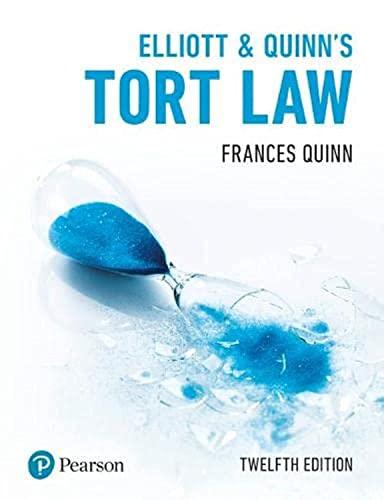Henry Maine,Ancient Law
1.According to Maine, what happened to "the status of the Slave", "the status of the Female" and "the status of the Son" in modern European societies?
2.Fill out the blank :We seem to have steadily moved from________________towards_____________________________________________.
hncient Law The movement of the progressive societies has been uniform in one respect. Through all its course it has been distinguished by the gradual dissolution of family dependency and the growth of individual obligation in its place. The Individual is steadily substituted for the Family, as the unit of which civil laws take account...... But, whatever its pace, the change has not been subject to reaction or recoil, and apparent retardations will be found to have been occasioned through the W absorption of archaic ideas and customs from some entirely foreign source. Nor is it difficult to see what is the tie between man and man which replaces by degrees those forms of reciprocity in rights and duties which have their origin in the Family. It is Contract. Starting, as from one terminus of history, from a condition of society in which all the relations of Persons are summed up in the relations of Family, we seem to have steadily moved towards a phase of social order in which all these relations arise from the free agreement of Individuals. In Western Europe the progress achieved in this direction has been considerable. Thus the status of the Slave has disappeared - it has been superseded by the contractual relation of the servant to his mater. The status of the Female under Tutelage, if the tutelage be understood of persons other than her husband, has also ceased to exist; from her coming of age to her marriage all the relations she may form are relations of contract. So too the status of the Son under Power has no true place in law of modern European societies. If any civil obligation binds together the Parent and the child of full age, it is one to which only contract gives its legal validity The apparent exceptions are exceptions of that stamp which illustrate the rule. The child before years of discretion, the orphan under guardianship, the adjudged lunatic, have all their capacities and incapacities regulated by the Law of Persons. But why? The reason is differently expressed in the conventional language of different systems, but in substance it is stated to the same effect by all. The great majority of Jurists are constant to the principle that the classes of persons just mentioned are subject to extrinsic control on the single ground that they do not possess the faculty of forming a judgment on their own interests; in other words, that they are wanting in the first essential of an engagement by Contract. The word Status may be usefully employed to construct a formula expressing the law of progress thus indicated, which, whatever be its value, seems to me to be sufficiently ascertained. All the forms of Status taken notice of in the Law of Persons were derived from, and to some extent are still coloured by, the powers and privileges anciently residing in the Family. If then we employ Status, agreeably with the usage of the best writers, to signify these personal conditions only, and avoid applying the term to such conditions as are the immediate or remote result of agreement, we may say that the movement of the progressive societies has hitherto been a movement om Status to Contract







